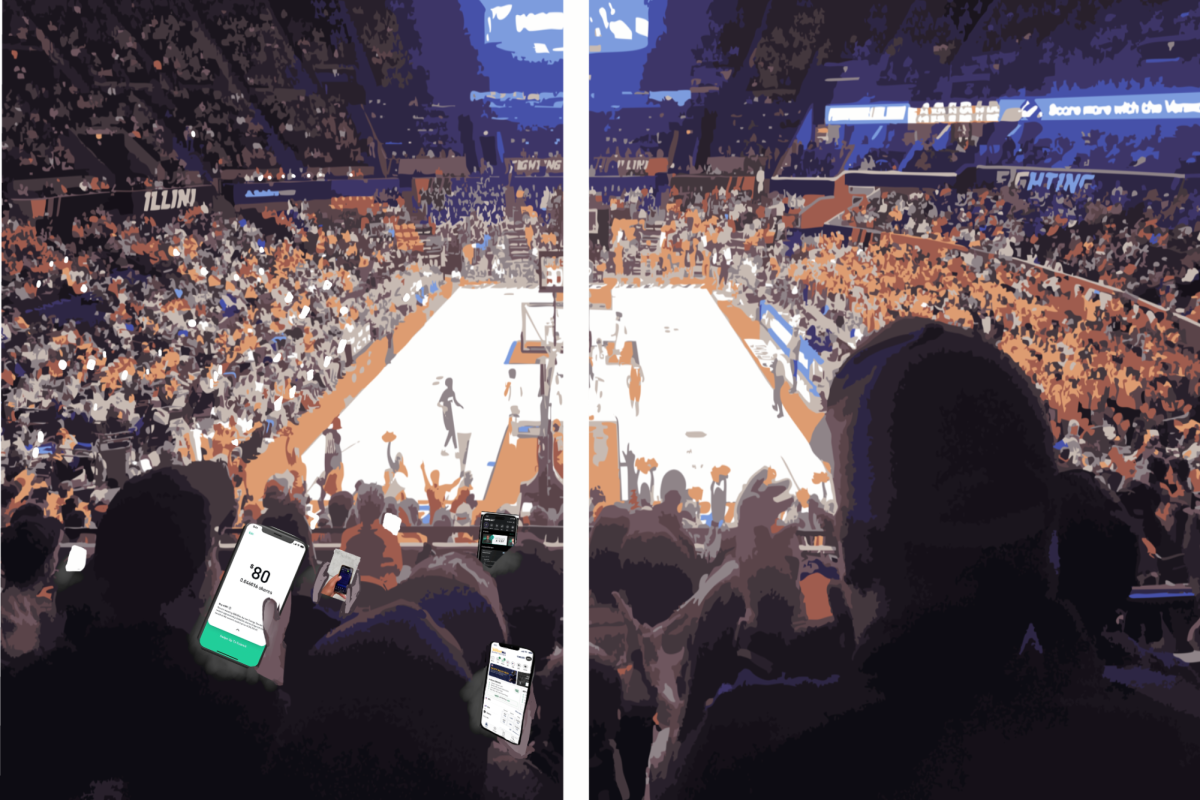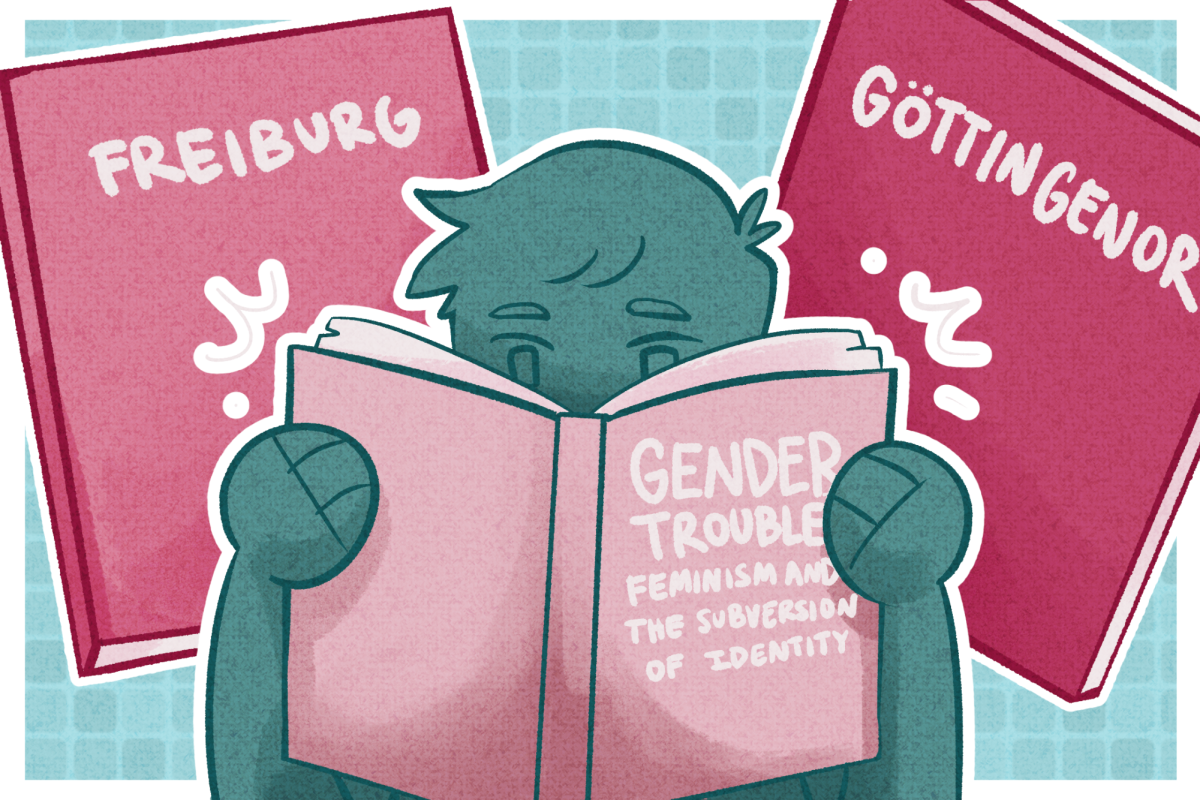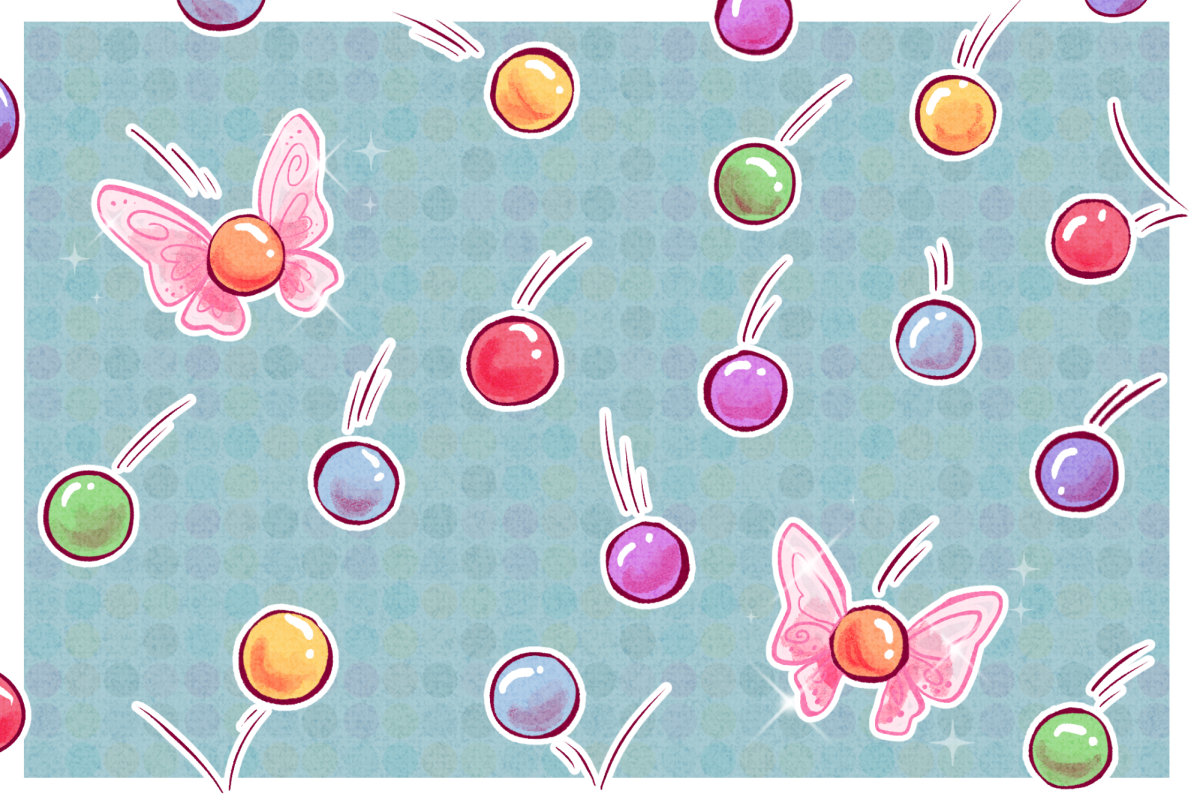If the quintessential prompt of naming fun facts about oneself permeates any type of ice-breaking conversation, I always feel as though I have my answer ready even before any questions are asked.
I am Greek.
But the truth is, behind that seemingly simple answer — and the heritage from which it originates — is a world of historic and bewildering family history that often feels necessary to bring up but impossible to perfectly articulate.
Like many families of European descent, my family was significantly affected by the horrors of World War II. For my grandparents, who were mere toddlers during the conflict, what might seem as obviously distant memories to others are still vivid.
In May of 1941, Hitler launched an invasion of my grandfather’s home island of Crete using his brand new paratrooper division. Crete, because of its strategic positioning in the Mediterranean, was a crucial island for the Germans to take over in order to control a plethora of shipping and naval routes.
Get The Daily Illini in your inbox!
While being able to eventually mostly occupy Crete, Hitler’s army sustained losses bigger than most other invasions, and the Battle of Crete was known to be one of the most disproportionately loss-heavy invasions for the German Army throughout the war.
The aforementioned paratrooper division was even not used again due to it being rendered ineffective. Due to all of the consequences of taking the island, Hitler became infuriated and began rounding up civilians in villages throughout the island as repercussions for their resistance.
In one of these massacres, in my grandfather’s village of Adele, my great-grandfather and great-great-grandfather were rounded up with 16 other men from the village and executed by German soldiers.
While remains were eventually discovered, they were unrecognizable. In short, my ancestors lost their identities through the massacre.
In the time since then, a memorial site has been erected at the site of the massacre, with a display case of the 18 skulls of those killed that day. Notably, there are no name cards to identify who is who.
I am proud to say that my grandfather spearheaded an effort to discover, using advanced DNA technology provided by the University of Crete and the Foundation of Technology and Science, the identities of the skulls and finally discern who is who. Despite being a grim undertaking, it would bring to an end our family’s painstakingly long period of not knowing which remains belonged to our ancestors.
Growing up, I never truly grasped the significance of losing your identity like that — and that even after death, holding onto that identity is important. For my grandfather, I can only imagine what it must have felt like not only being raised without a father in a time where women were not yet taken seriously, but also with no closure of being able to have buried him or know which skull at the memorial is his.
This year, that will all finally change with a ceremony of revealing the DNA results on the anniversary of the massacre. My grandfather will be able to restore the identities of his father and grandfather 83 years after the fact.
Not only am I proud of my grandfather for not giving up the effort, but I am also happy for him, because something that has been a void in his identity for years can finally come together. As he has said, “the inhumanity of mass executions denies people their identity,” and it wouldn’t be too far-fetched to say that part of my grandfather’s own identity was denied too.
From now on, any conversations I have about my own identity, while still beginning with the same old quip of me being Greek, will end with me illustrating how my grandfather has finally found peace. While it may seem like a trivial pursuit to the naked eye, the microscope of understanding shows that a discovery like this truly does matter for somebody so proud to be not only Greek, but Cretan.
George is a senior in LAS.






